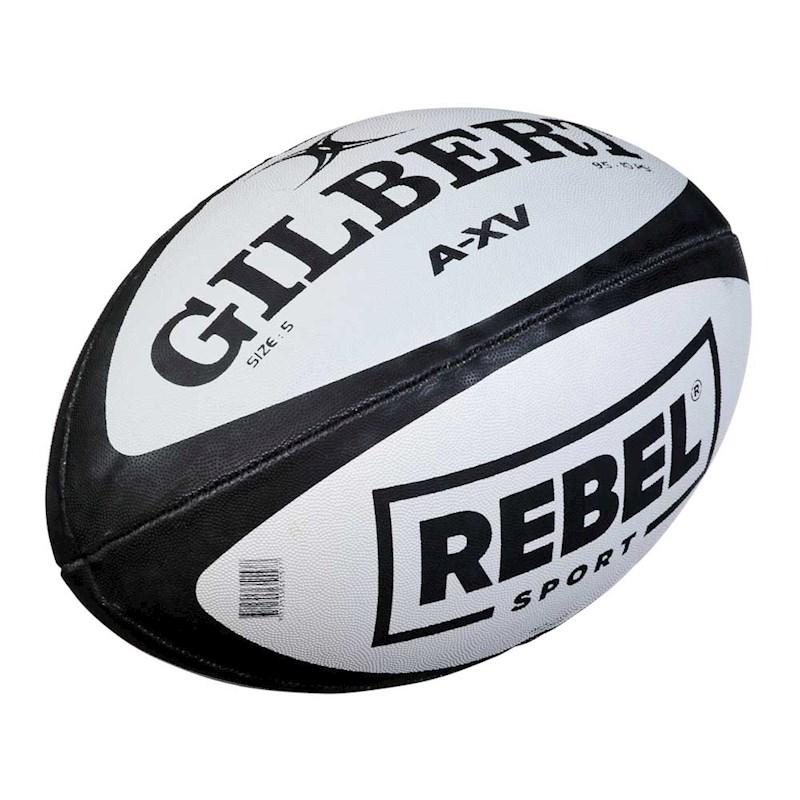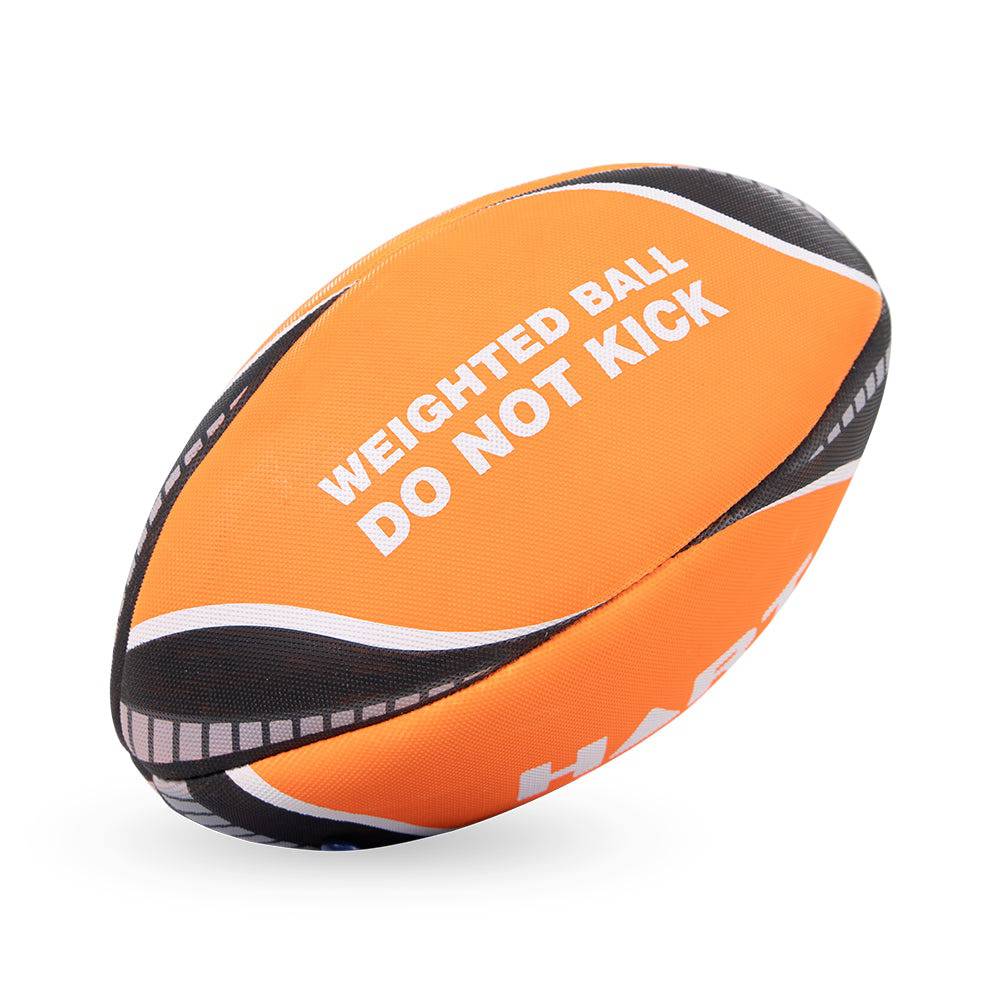Rugby scoring is a fast-paced and dynamic sport loved by millions around the world. It is not just about physical strength; strategy and skill play essential roles in how the game is played. One of the most critical aspects of rugby is scoring, and understanding the rules surrounding it is vital for players and fans alike. This guide will break down the various ways to rugby scoring and explain the rules governing each type of score. Whether you are new to the game or looking to brush up on your knowledge, this guide will provide all the information you need.
Introduction to Rugby Scoring
Rugby scoring is a system that rewards teams for their performance on the field. Understanding how points are earned is essential for players and fans alike. The scoring system in rugby is designed to encourage attacking play and strategic decision-making.
Points in rugby are awarded through various means, such as tries, conversions, penalty goals, and drop goals. Each type of score contributes differently to the team’s total, with tries often being the most valued. The ultimate goal is to outscore the opposition by the end of the match.
The scoring rules vary slightly between rugby union and rugby league. However, the core principles remain the same. A solid grasp of these principles helps players make better choices during the game and makes watching matches more enjoyable for fans.

The Basics of Rugby Points System
Rugby uses a points system to decide the winner of a match. Teams score points by achieving specific tasks on the field. Understanding this system is crucial for players and fans alike.
- Try: A try is worth the most points in rugby. When a player grounds the ball in the opponent’s in-goal area, the team earns 5 points (in rugby union) or 4 points (in rugby league).
- Conversion Kick: After scoring a try, the team can attempt a conversion kick. If successful, it adds 2 points to the score.
- Penalty Goal: A penalty goal is scored when a team kicks the ball between the opponent’s goalposts after being awarded a penalty. This adds 3 points in rugby union or 2 points in rugby league.
- Drop Goal: A drop goal adds 3 points in rugby union or 1 point in rugby league. It is scored by dropping the ball and kicking it through the opponent’s goalposts during open play.
These scoring methods drive strategy and tactics. Teams must balance attack and defense effectively to maximize their chances of scoring. The points system ensures competitive and action-packed games.
Different Types of Rugby Scores
Rugby is a dynamic game that rewards teams for various scoring actions. Each method of earning points requires skill, strategy, and precision. By mastering these types of scores, teams can dominate the field and capitalize on every scoring opportunity.
Try and How It Works
A try is the most significant score in rugby. To score a try, a player must carry the ball into the opponent’s in-goal area and ground it. This action is rewarded with 5 points in rugby union and 4 points in rugby league. A try demonstrates teamwork, athleticism, and offensive prowess. Players usually aim for tries to gain higher points and energize their team.
Conversion Kick Scoring Rules
After scoring a try, teams can attempt a conversion kick. The conversion offers an opportunity to earn an additional 2 points. To perform a successful conversion, the player must kick the ball between the opponent’s goalposts. This attempt is taken from a straight line drawn from where the try occurred. Mastery of kicking technique is essential for maximizing points after a try.
Penalty Goal and When It Applies
A penalty goal is awarded when a team is given a penalty due to an opponent’s rule violation. Teams score 3 points in rugby union or 2 points in rugby league by kicking the ball through the goalposts. Coaches often use penalty goals strategically, especially during tight matches, as they can provide vital points without relying on tries.
Drop Goal Scoring Explained
A drop goal is scored by dropping the ball onto the ground and kicking it through the opponent’s goalposts during live play. This earns 3 points in rugby union and 1 point in rugby league. Drop goals are challenging because they require precision under pressure. Teams often use them strategically late in a game when every point is crucial.

Common Scenarios Affecting Rugby Scores
Understanding the common scenarios that impact rugby scores helps fans and players predict outcomes. Scoring in rugby often depends on game situations and team strategies. Below are some key scenarios that influence the final score:
- Weather Conditions: Rain, wind, or extreme heat can affect a team’s ability to score. Wet conditions make ball handling difficult, while strong winds challenge accurate kicking. Teams need to adjust their tactics to overcome these hurdles.
- Injuries During the Game: Injuries to key players can disrupt a team’s momentum and scoring ability. Teams may struggle to execute their plans without their top performers.
- Defensive Pressure: Strong defensive plays can limit the opportunities for tries or conversions. Teams with solid defensive lines often prevent their opponents from maximizing scoring possibilities.
- Disciplinary Actions: Players committing fouls can result in penalties for their team. These penalties often lead to penalty goals for the opposing side.
- Set Piece Performance: Performance in scrums and lineouts greatly affects scoring chances. Poor execution in these phases can lead to turnovers and missed opportunities.
- Game Clock Pressure: Teams often feel pressured near the end of a close game. This can lead to hurried attacks or attempts for drop goals to secure extra points.
By analyzing these scenarios, teams can better prepare for matches and improve their chances of scoring. Fans understanding these factors will also enjoy the game more as they anticipate how matches unfold.
Differences in Scoring Between Rugby Union and Rugby League
Rugby union and rugby league have distinct scoring rules. Both sports share core principles but offer unique differences.
- Try Points: A try in rugby union is worth 5 points. In rugby league, it earns 4 points.
- Conversion Kick Points: Successful conversion kicks add 2 points in both rugby union and rugby league.
- Penalty Goal Points: A penalty goal scores 3 points in rugby union but only 2 points in rugby league.
- Drop Goal Points: Drop goals earn 3 points in rugby union and 1 point in rugby league.
These differences influence how teams approach scoring. Rugby union teams often focus on tries and penalty goals, while rugby league teams rely more on defensive strategies. Understanding these scoring rules is vital for players and fans of both variations.

How Bonus Points System Works in Rugby
The bonus points system in rugby encourages teams to play tactically and strategically. It determines standings in tournaments and rewards teams for performances beyond just winning or losing.
What Are Bonus Points?
Bonus points provide extra opportunities to earn points in the league table. They award them for specific achievements during a game. This system primarily applies to rugby union tournaments, like the Rugby World Cup and domestic leagues.
Achieving Bonus Points in Rugby
- Scoring Four or More Tries: In rugby union, a team earns a bonus point by scoring at least four tries in one match. This incentivizes attacking play and creativity on the field.
- Losing by Seven Points or Fewer: Teams that lose a match by seven points or fewer still gain one bonus point. This recognizes close, competitive games and rewards resilience.
Importance of Bonus Points
Bonus points make leagues more exciting and unpredictable. Teams can climb the standings even without winning every match. This system encourages more dynamic and high-intensity gameplay.
Understanding bonus points helps players and fans appreciate the game’s strategy better. Teams can use them to stay competitive throughout a tournament season.
Key Strategies to Maximize Scoring Opportunities
Scoring in rugby requires strategic thinking and teamwork. Here are key strategies teams use to maximize scoring opportunities:
- Perfecting Ball Handling Skills: Smooth passes and accurate catches prevent turnovers and maintain attacking momentum.
- Effective Communication: Clear communication ensures players coordinate movements and capitalize on scoring chances.
- Exploiting Weak Defensive Lines: Identifying gaps in the opponent’s defense allows teams to launch successful attacking runs.
- Mastering Set Pieces: Strong performance in scrums and lineouts provides possession and scoring opportunities.
- Quick Decision-Making: Players need to react swiftly to changes in game dynamics and seize scoring moments.
- Utilizing Fast Wingers: Fast wingers can stretch defenses and create room for scoring tries.
- Strategic Kicking: Precise kicking sets up penalty goals, conversions, or advantageous field positions.
- Creating Overlaps: Teams should spread the ball effectively to outnumber defenders and find scoring opportunities.
- Building Stamina: Maintaining fitness ensures players stay sharp and energetic throughout the match.
- Practice Under Pressure: Training under game-like pressure improves performance during crucial scoring scenarios.
By using these strategies, teams boost their chances to win games and outperform opponents.

Frequently Asked Questions About Rugby Scoring
How Many Points Is a Try Worth?
A try earns 5 points in rugby union and 4 points in rugby league.
What Is a Conversion Kick?
A conversion kick is an attempt to add 2 points after scoring a try.
Can a Drop Goal Be Scored at Any Time?
Yes, a drop goal can be scored during live play, earning 3 points in union and 1 in league.
What Causes a Team to Earn a Penalty Goal?
A penalty goal is awarded when a team kicks between the posts after a penalty.
How Does the Bonus Points System Work?
Teams earn bonus points for scoring four tries or losing closely by seven points or less.
Are Scoring Rules Different Between Rugby Union and Rugby League?
Yes, differences include point values for tries, drop goals, and penalty goals.
Do Weather Conditions Affect Rugby Scoring?
Rain, wind, and heat can impact ball handling and kicking accuracy during matches.
Why Is Kicking Technique Important?
Accurate kicks can deliver conversions, penalty goals, and advantageous positions for scoring.
How Can Teams Maximize Their Scoring Chances?
Teams use tactics like quick passes, strong communication, and exploiting defensive gaps.
What Happens When Two Teams Have the Same Score?
Matches tied in score can end as a draw or move to extra time, depending on tournament rules.
Is the Points System Easy to Understand for Beginners?
Yes, the basic rugby scoring system is straightforward with clear values assigned to each method.
The Impact of Scoring Choices
Decision-Making Under Pressure
Scoring choices made during a match can greatly influence the outcome of the game. Players must constantly weigh the risks and rewards associated with each potential scoring opportunity. For instance, when awarded a penalty, a player could opt for a kick at goal, aiming for the three points. However, they could also choose to tap and go, attempting to score a try instead. This decision often depends on the match situation, the current score, and the team’s overall strategy. Making the right choice under pressure is a skill that develops over time with experience and practice. Players who are able to assess their environments quickly and choose the most effective scoring option often become primary contributors to their team’s success.
Psychological Aspect of Scoring
The psychological aspect of scoring in rugby cannot be overlooked. When a team successfully scores, it often boosts team morale and confidence, while simultaneously demotivating the opposition. This change in psychological dynamics can greatly affect how both teams play. Conversely, missing a scoring opportunity can have the opposite effect, instilling doubt and frustration. Coaches recognize the importance of mental toughness and often implement strategies to help players manage these ups and downs during the match. Building a resilient mindset and a supportive team culture helps players perform better during critical moments. Overall, the interplay between scoring and psychological performance emphasizes the complex nature of rugby, where both physical skill and mental strength are crucial for success on the field.

Understanding Scoring for Success
Recap of Scoring Methods
In conclusion, understanding how scoring works in rugby is vital for enjoying and succeeding in the game. The key methods of scoring are tries, conversions, penalty goals, and drop goals. Each method has its own set of rules and requires different skills. Knowing when and how to score can make a significant difference in a team’s performance.
Enhancing Your Knowledge of the Game
As you continue to engage with rugby, whether as a player, coach, or fan, a solid grasp of the scoring rules will enhance your appreciation of the game. Understanding how penalties, fouls, and strategic plays impact rugby scoring can deepen your insight into match dynamics. This knowledge will not only make you a better player or coach but also enrich your experience as a passionate supporter of rugby. Embracing the sport’s intricacies will undoubtedly add to the excitement and enjoyment of every match.
